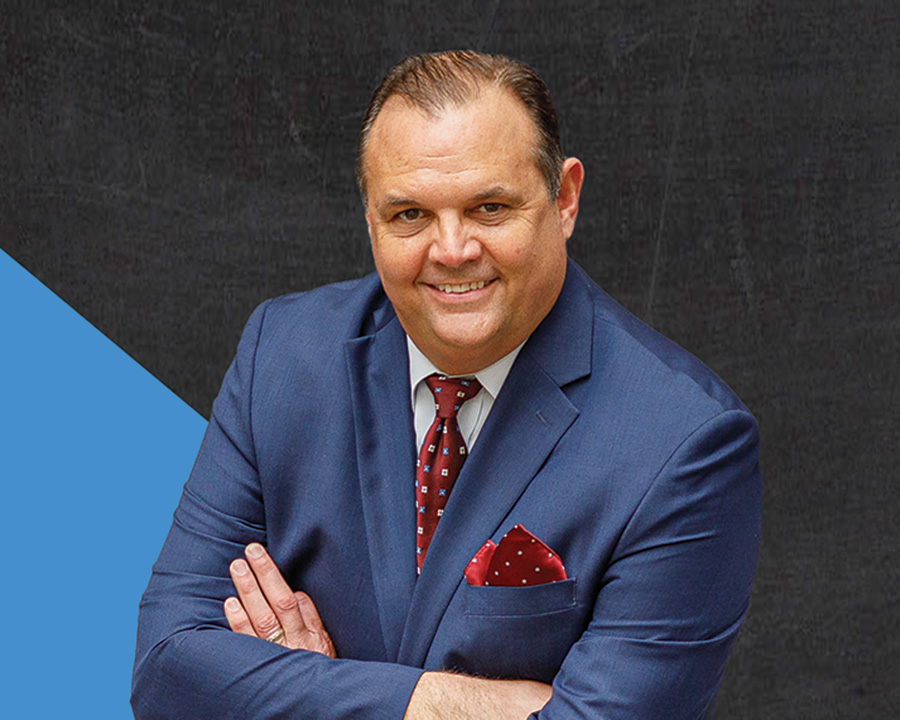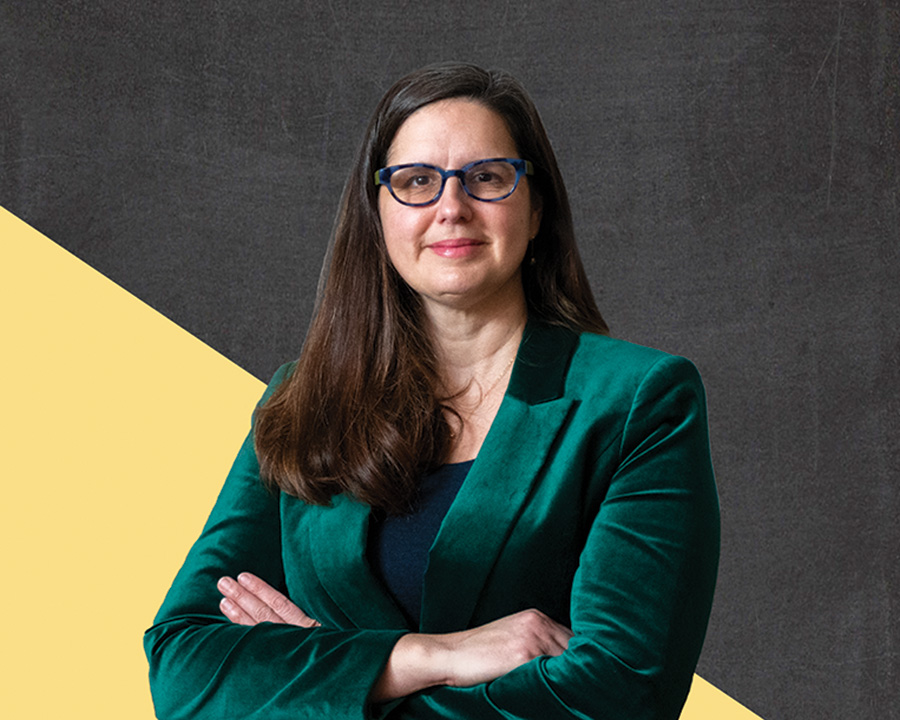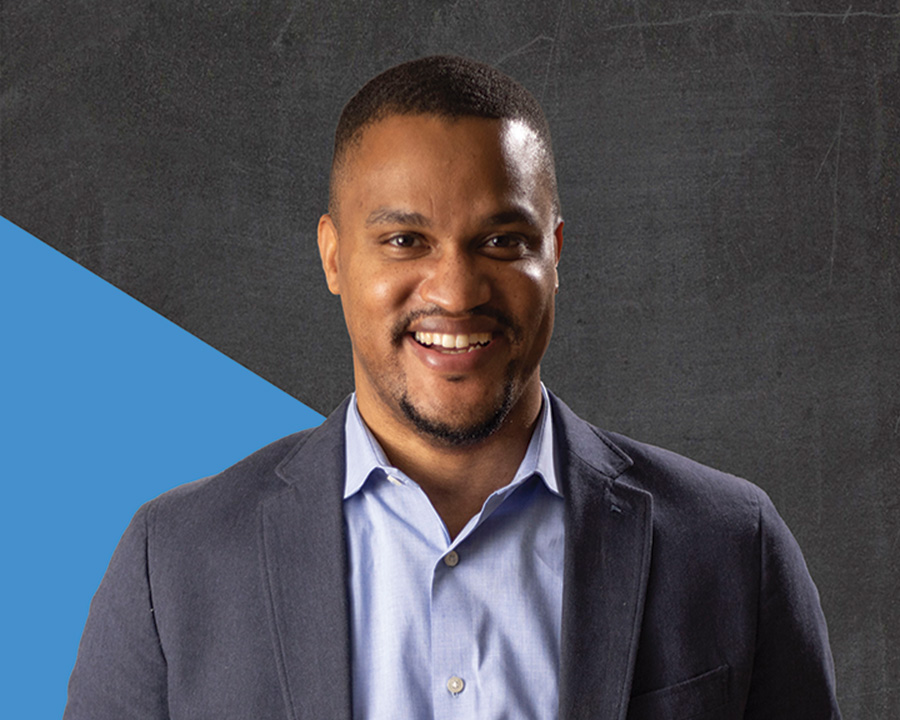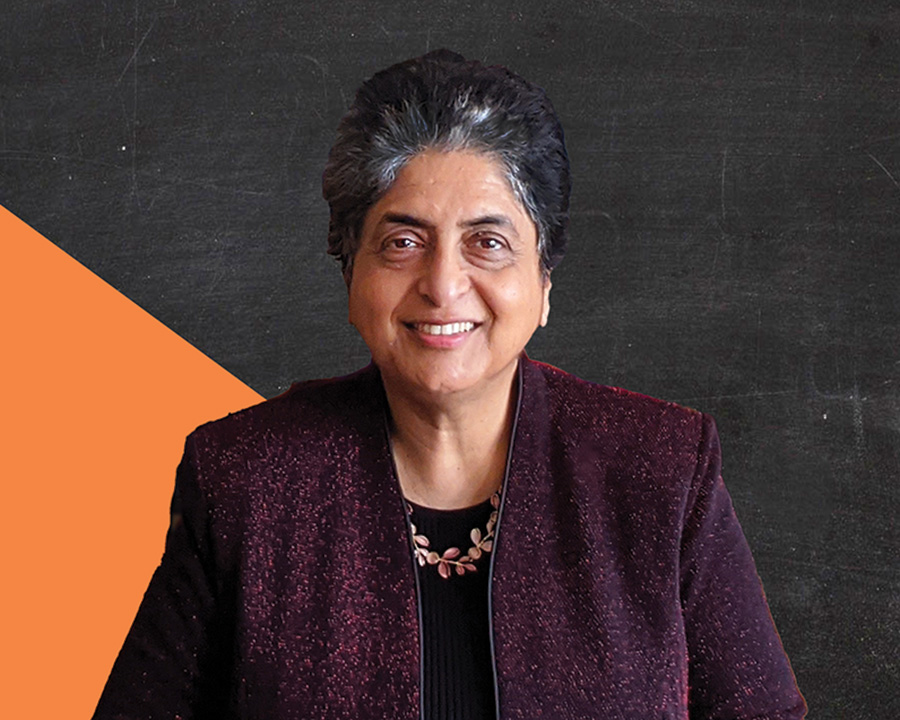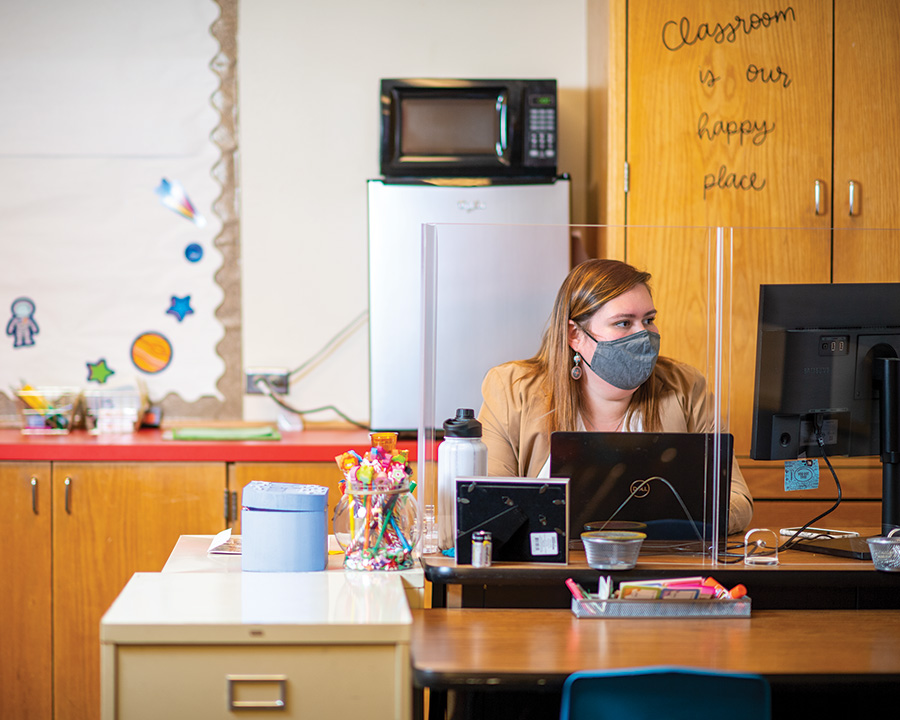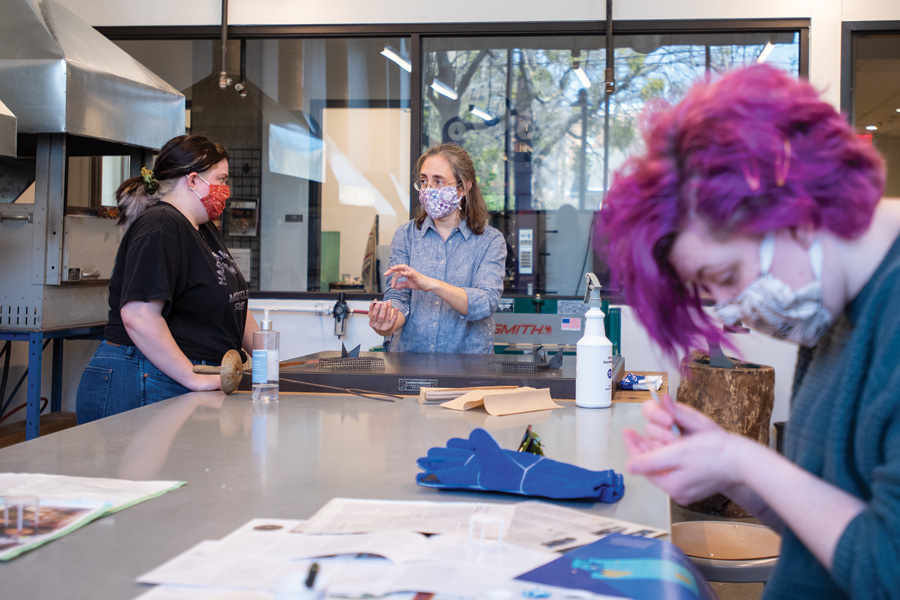t's Election Day in America, and while much of the citizenry is in the throes of nail-biting, nerve-shredding,
heat-map-
induced anxiety, this might just be the most relaxing 24 hours Jamie Wilson ('91, '99 M.Ed., '12 Ed.D.) has had in roughly eight months. Denton ISD is shuttered
since many of its schools are designated polling locations, meaning the 2020 Region
11 Superintendent of the Year's calendar finally boasts a few blank spots.
He knows the respite won't last long.
"It's been 24/7," says Wilson, who eight years ago assumed the reins as the district's top administrator. "Our leadership team, principals and teachers have worked harder than we've ever worked before."
Ever since COVID-19 forced Denton ISD to close its doors in March 2020 -- along with virtually every other K-12 and higher education institution in the U.S. -- it's been a breakneck effort on all fronts to solve the jigsaw puzzle created by that seemingly no-win situation. Educators are trained to guide students to the right answers, but the questions introduced by an ever-worsening pandemic tested even the most seasoned problem solvers.
How do we provide equitable access to technology? Protect the physical and emotional well-being of students? Reopen our campuses safely? Avoid instructor burnout? Prevent our students from falling irreparably behind?
And now, as the light begins to glimmer at the end of a more than yearlong tunnel, another question has emerged from the slowly dissipating darkness: How do we move forward in a landscape that has been utterly, and perhaps even permanently, altered?
"This is a whole new frontier," Wilson says. "It's like when Lewis and Clark arrived at the Royal Gorge -- what did they have to think about to make it to the other side? And that's where educators are. What do we do? All we know is there's no turning back."
